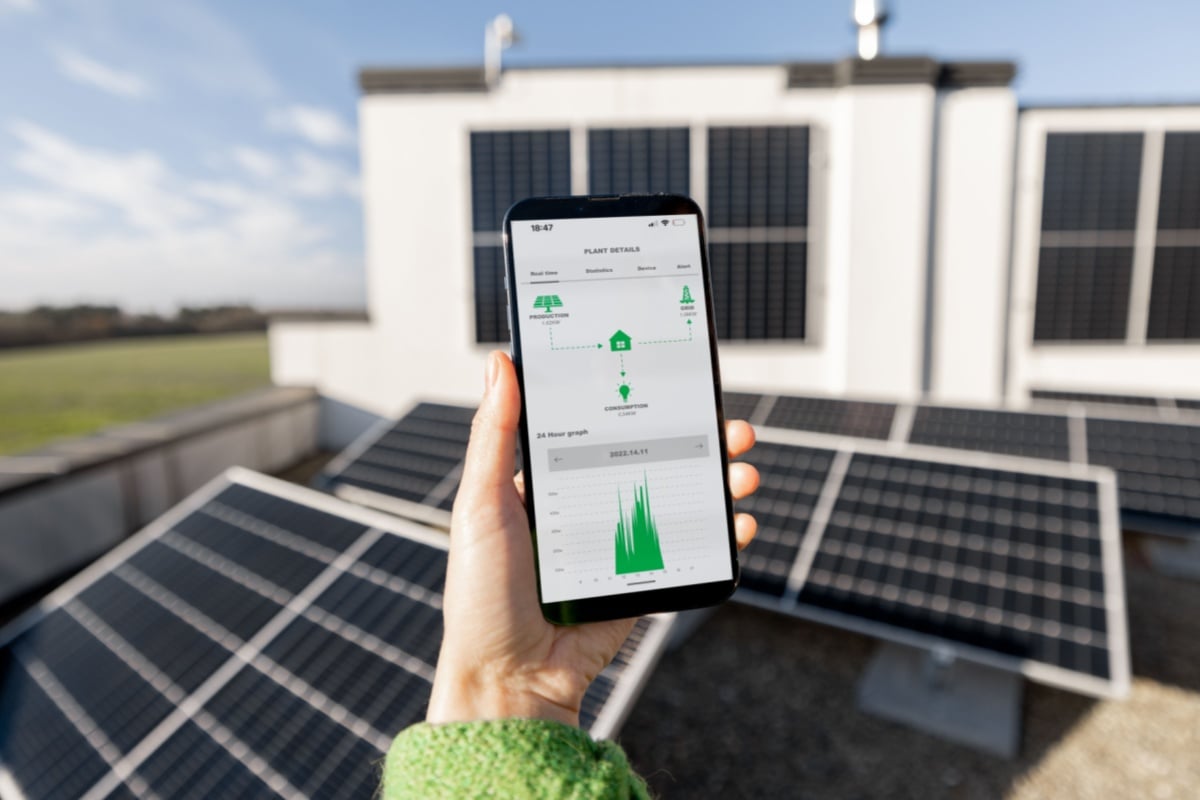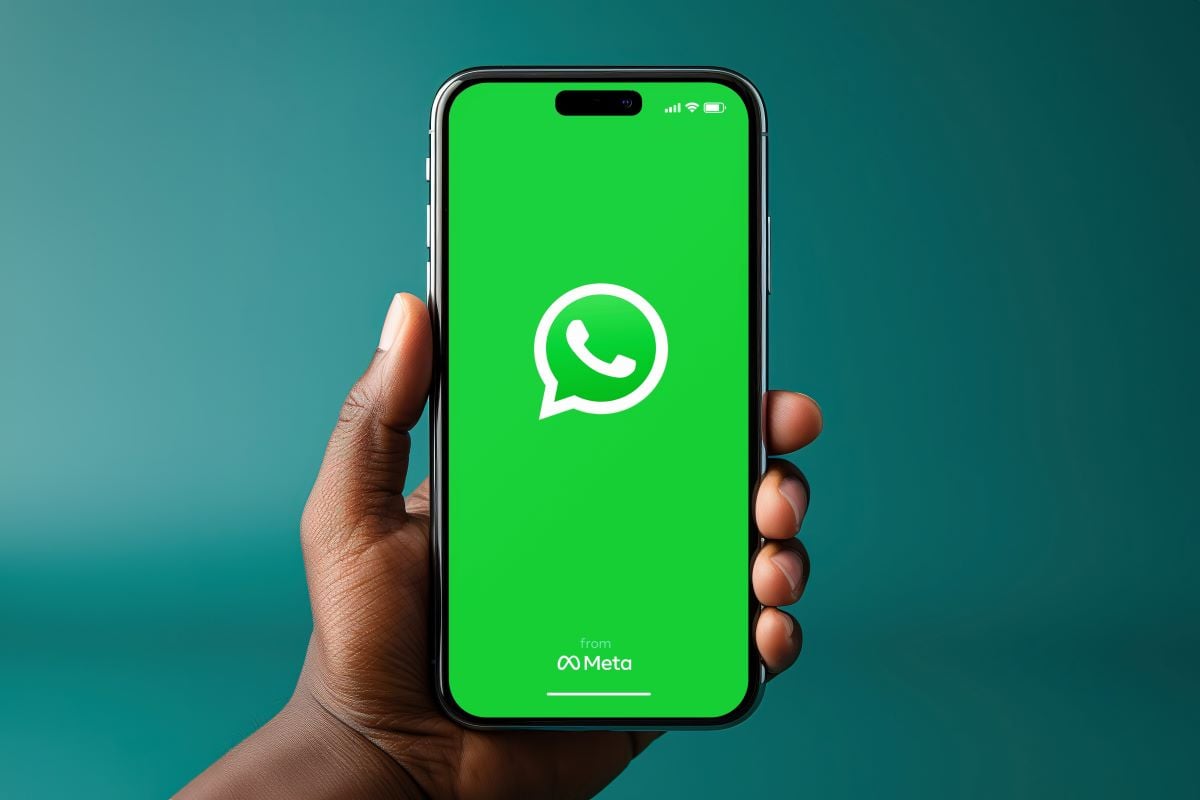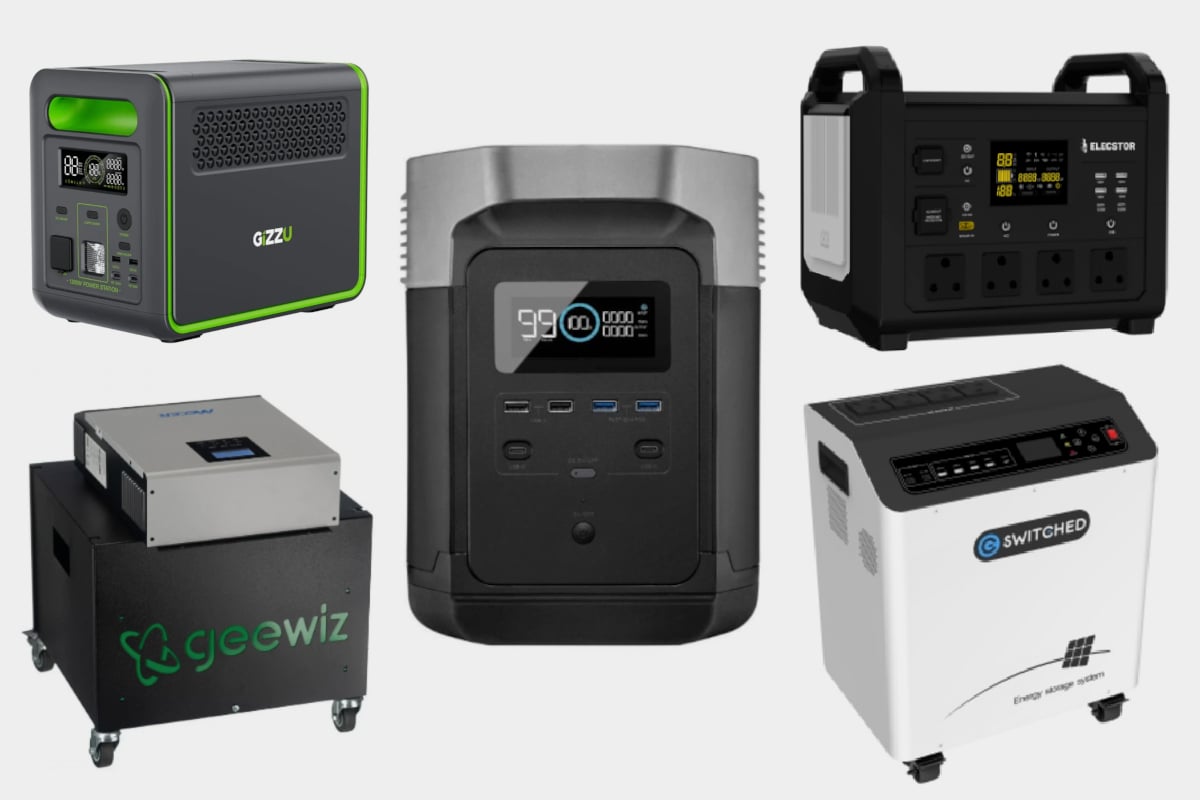A new ride-hailing service — Shesha — is set to launch in Gauteng on 1 May 2024, and it is promising to be more affordable than competitors like Uber and Bolt.
This is according to Shesha spokesperson Nomsa Mdhuli, who said the ride-hailing service prioritises rider and driver security.
“We will be more affordable. We give very competitive pricing, and what’s important is that our prices are fixed,” Mdhuli said in an interview with 702.
“If you know that you travel five kilometres from point A to point B every day, the price will be fixed whether it’s in the evening, it’s peak [commuting] hours, [or] it’s raining,” she said. “That also affords the user to be able to budget.”
The ride-hailing service will also offer an “emergency ride” for those stuck without money to pay for their trip.
“Sometimes things happen. You don’t have money and you need to travel. Those that travel within a 5km radius and have travelled more than ten trips with us can make use of this benefit,” said Mdhuli.
The service also promises robust security features, including Home Affairs-linked ID verification for riders and drivers, one-time pin (OTP) codes for rides, and a wholly cashless system.
“There’s been a lot of concerns about the safety aspects, both from the drivers and the users. We validate driver and customer IDs. Our system is linked to Home Affairs, so you always know that your driver’s identity has been verified,” said Mdhuli.
“We also have an OTP verification system. Customers receive an OTP for each ride and that enhances the identification accuracy.”
She explained that rider identity is also verified because there have been incidents where drivers have been robbed and hijacked by people impersonating app users.
“When certain crimes like that happen, you then cannot trace the perpetrator,” added Mdhuli.
Mdhuli said Shesha’s linking to Home Affairs is also important for foreigners without South African IDs to verify their identities on the system.
“When you enter the South African border, you get verified by Home Affairs, and your passport details are loaded onto their system, so we’ll get to verify you through that,” said Mdhuli.
No cash option
She said many drivers complain about being paid in cash, forcing them to carry change or deal with frustrated customers when they don’t have the correct change.
“With Shesha we use a cashless transaction. We use a [digital] wallet system that you can top up on a regular basis,” said Mdhuli.
“This also enhances the safety aspect, because we’ve heard stories of customers being robbed.”
She explained that the digital wallet system works similarly to the MyCiTi system in Cape Town, where customers can top up a card. However, Shesha’s is purely online.
When it launches, Shesha will have to compete with dominant players in the ride-hailing space such as Bolt and Uber.
If its claim that it will be more affordable than the competition holds true, it will have to beat Bolt’s pricing.
In February 2024, a MyBroadband analysis revealed that Bolt was generally a few Rand cheaper to use than Uber in Gauteng.














Join the conversation Autoload comments
Comments section policy: MyBroadband has a new article comments policy which aims to encourage constructive discussions. To get your comments published, make sure it is civil and adds value to the discussion.